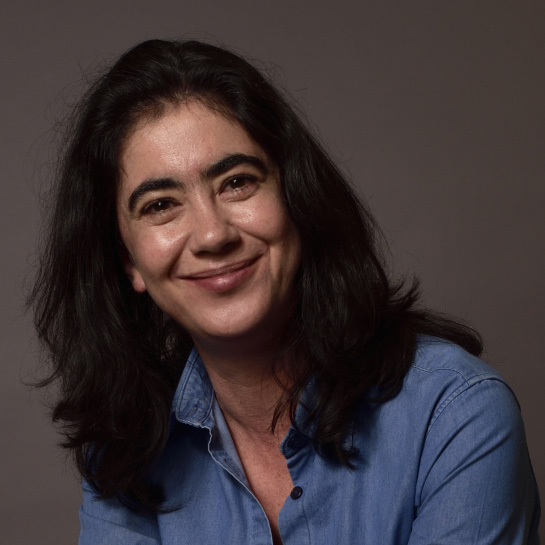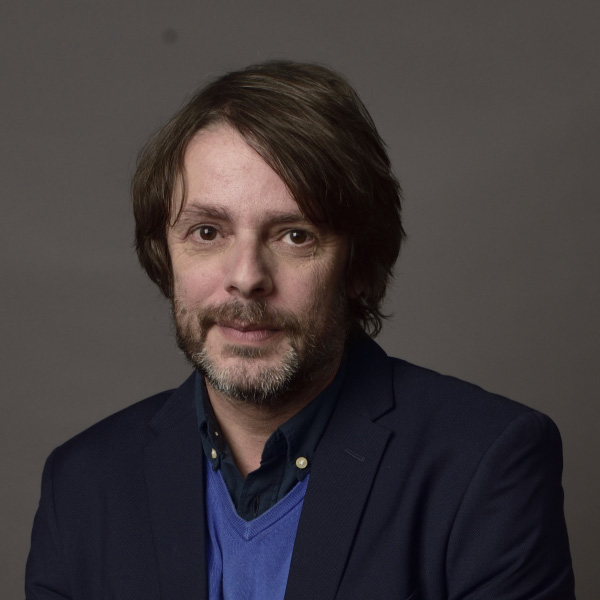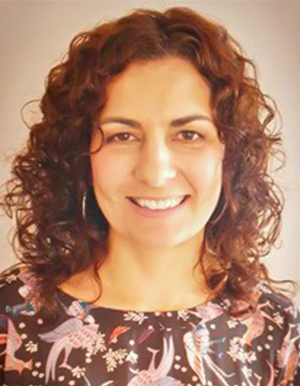
ITQB NOVA
Instituto de Tecnologia Química e Biológica António Xavier (ITQB NOVA) is a scientific research and advanced training institute of the Universidade NOVA de Lisboa. The ITQB NOVA is located in the Town of Oeiras, just outside Lisbon. The mission of ITQB NOVA is to carry out scientific research and postgraduate teaching in chemistry, life sciences, and associated technologies, while serving the community and performing activities for the promotion of science and technology.

Director: Claúdio Soares
ITQB NOVA, Av. da República, 2780-157 Oeiras, Portugal
Labs and Units involved in the project
Mass Spec Facility Unit (UNIMS)
The goal of UniMS is to provide state-of-the-art MS services to the scientific community and Industry, guaranteed by the continuing increase in Mass Spectrometry know-how and infrastructures within our unit.
Av. da República, 2780-157 Oeiras
[email protected]
[email protected]
[email protected]
Bacterial Microbial Development Lab
-

- Group Leader
Adriano Henriques
At the Microbial Development Lab the main focus is the study of the developmental biology of Bacillus subtilis and related organisms. There is research interested in essential processes in bacterial cell biology and development such as how cells achieve and maintain proper cell shape, and how they differentiate into specialized cell types. During spore differentiation, for instance, the two cells that participate in the process use cell-cell communication pathways and checkpoints to coordinate their programs of gene expression and to keep them in pace with the course of morphogenesis. The Lab uses a combination of genetics, cell biology, biochemistry, structural and computational biology to study these processes.
Human Microbiota – Xenobiotics Interactions Lab
-

- Group Leader
Sarela Garcia-Santamarina
The Human Microbiota – Xenobiotics Interactions Lab investigates the effects of metals (and other xenobiotics) in the gut microbiota composition and function and its effects on the host by combining systems-based approaches and tailored molecular and biochemical experiments.
